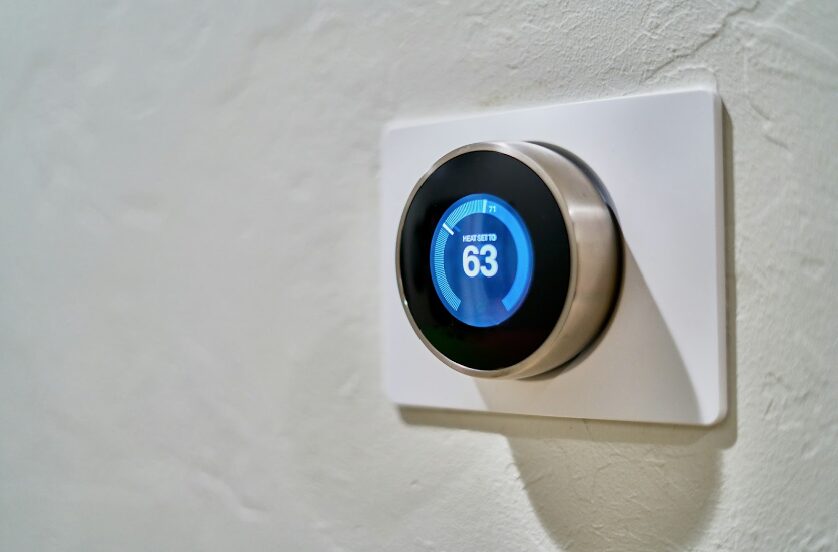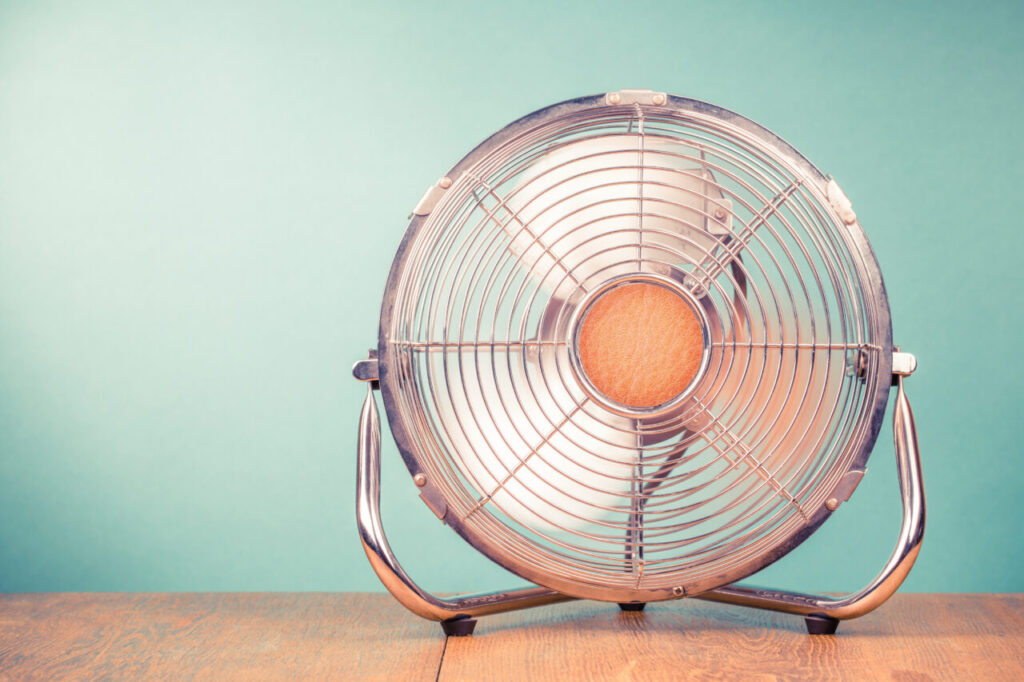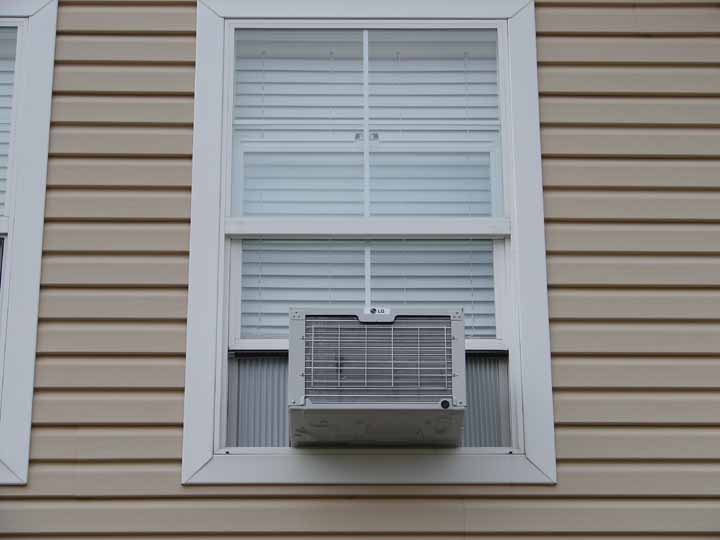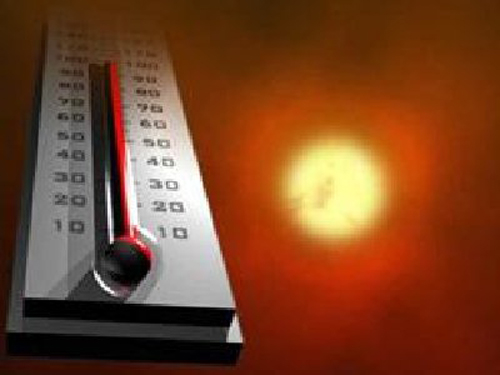Warming temperatures can signal the start of lazy summer days spent poolside or soaking up the sun at the beach, but there’s another side to the building heat, too. Unfortunately, the mercury isn’t the only thing that rises in the summer. Your home cooling bill and the risk of sickness or injury due to heat exposure increase as well. Here are 13 ways to stay safe and cool in your home, no matter how scorching it gets outside.
Read More8 Energy-Efficient Home Cooling Projects to Tackle This Summer
Summertime is officially here — and for many, that means more time for home improvement projects. With the heat in full swing, one of the projects on your to-do list might be finding more effective (and efficient) ways to keep your home cool.
No matter your budget, you have options when it comes to reducing the heat inside your house without raising your electric bill. Here are some energy-efficient home-cooling projects you can chip away at this summer.
Read More7 Different HVAC Services You Might Need at Home
Your HVAC system is responsible for heating and cooling your home to ensure comfortable temperatures. However, multiple problems can compromise its efficiency, increasing energy bills, causing regular breakdowns and costly repairs and replacements. The most common HVAC problems may include thermostat malfunctions, mechanical wear and tear, unusual furnace noises, dirty condenser or evaporator coils, water leaks, dirty filters, poor maintenance, and ignition issues.
Thanks to these problems, it can be difficult to pinpoint the precise cause of a breakdown or the system not functioning. You’ll require an HVAC service to diagnose and find a solution to the problem. This article outlines seven different HVAC services you might need at home.
Read MoreAir Conditioners and Winter Heating Tips: Are You Letting Cold Air In?
Guest Blogger, Nancy Parker
In the summer time having a few window air conditioning units can seem like a godsend. However. when winter time comes those same units can be a great hole in your home’s winter wardrobe. If you have air conditioning window units then you may be letting unnecessary cold in and your hard earned heat out. Ultimately, Read More
Cooling your Home for Summer
Depending on where you live, the heat can have a negative effect on your comfort. When summer hits, many use their air conditioning units to address heat. Taking care of your air conditioning unit is important to ensure that it is working properly.
Benefit of Regular Maintenance
Regular maintenance on your units from checking, replacing or cleaning filters, and external cleaning of the condenser and evaporator. Also checking the tubing functionality, checking fans and blowers, or checking for leaks is important to ensure that your air conditioning unit runs properly. These checks are important to ensure your units work when cooling your home. And these checks will ensure your units are available when the hot weather hits.
Also check to make sure shrubs around the units are not intrusive to the units functionality. Local air conditioning companies can help you with these diagnostics checks and parts replacement if need be. These organizations can also check the furnaces associated with the units. By staying on top of the operational functionality of your units, you will also maximize efficiency in your energy bills. Not to mention your equipment working longer.
Air Conditioning Alternatives
If you live in an area that does not fully require air conditioning, opening your windows creates good air flow when cooling your home. Running ceiling fans or table fans around you home can help with air circulation in addition to keeping your home cool. Trees in strategic locations, awnings or patio covers, and covered porches are also techniques to heat management. If you have installed a whole house fan, this is a great way for bringing cool air into your home from the outside. These units require cooler air outside to make a positive effect. However, these are easy to run and are cost effective to keep you home cool during specific parts of your day.
Managing your use of electronics and lights help to keep your home cool. But also help manage your electric efficiency. Make sure you turn off electronics and lights to conserve energy when you are not in a room or using the equipment. Closing blinds, draperies or other types of window coverings during peak sunny hours also helps to manage the heat coming in from the sun.
Anyway you choose when cooling your home, taking care of your equipment or managing your surroundings can be best practices. These best practices that brings efficiency and long term equipment lifespan.





